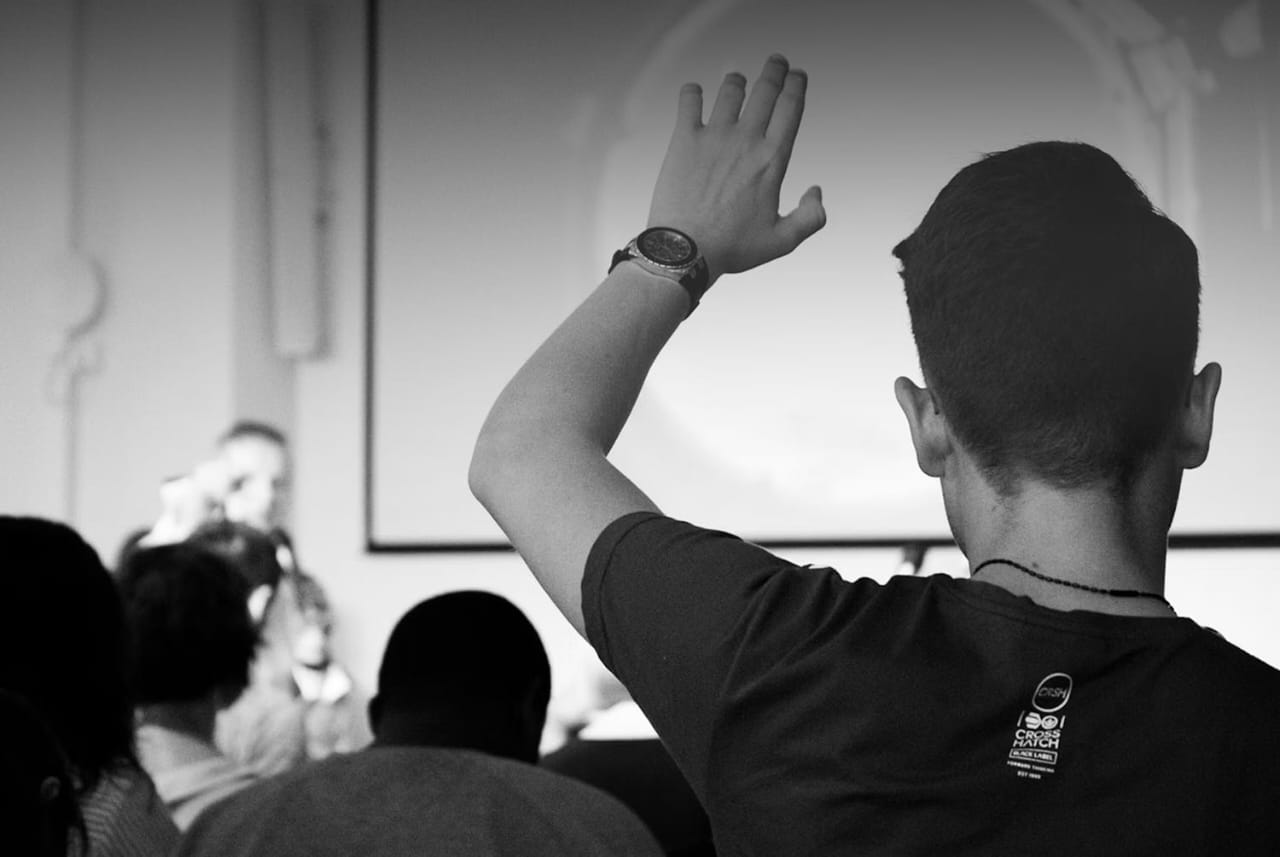Life often confronts us with sharp words, false accusations, and hasty judgments from the people around us. When we are in suffering, not all hands reach out to help. Instead, what we receive is a finger pointing in judgment. This is what Job experienced. In the midst of his deep suffering, he had to listen to judgmental advice from his friend, who believed that Job's troubles stemmed from his own fault. Through Job 11:13-20, we will be invited to reflect on how to remain strong in the face of unfair criticism and judgment.
Zophar, in his human wisdom, attempted to provide an answer to Job's suffering. He said, "If you prepare your heart, and lift up your hand to Him; if you put away evil in your hand, and do not allow evil to dwell in your tent, then you will surely be able to lift your face without blemish, you will stand firm and will not be afraid." (Job 11:13-15). These words seem wise and hopeful, but there is a fundamental error in their understanding. Zophar assumes that suffering comes only as a result of sin, and that the only solution is repentance. He fails to understand that Job is not the guilty man he claims to be.
Life does not always revolve around simple cause-and-effect logic. Not all suffering is punishment, and not all success is a sign of favor. Job, in his story, is a picture of a man who remains faithful in the face of baseless accusations. The criticism and judgment of his friends not only does not help him, but actually makes his burden heavier. Zophar also says, “Your life will be brighter than the noonday; your darkness will be as bright as the morning. You will be safe in hope; and after examining yourself and your body, you will sleep in peace” (Job 11:17-18). The promise of restoration is true, but Zophar misunderstands the process. True recovery is not the result of following a simple formula made by humans, but of a deep relationship with God, even when things seem dark.
Bible friends, we may have experienced a situation like Job. When we are in trouble, people around us come to us with advice that feels hurtful. Some blame us, others judge us without understanding our true circumstances. However, this is where our faith is tested. Will we give in to the unconstructive voices, or will we remain steadfast in the belief that God has a bigger plan behind all of this?
Indeed, sometimes criticism and advice are needed to improve ourselves. Therefore, ask God for wisdom to identify the purpose of the criticism. Ask yourself, is this criticism constructive or just judgmental? Does this criticism contain facts or just assumptions? If the criticism is just a baseless judgment, it is better for us not to take it to heart. Instead, we can respond by applying the principle of Growth Mindset, by asking ourselves, what lessons can be learned, and how relevant it is to the process of self-improvement and growth in faith. May we gain wisdom in facing criticism and judgment. Because, what is most important is not how the world judges us, but how we remain steadfast in faith and believe that God is forming us through every process of life.

























